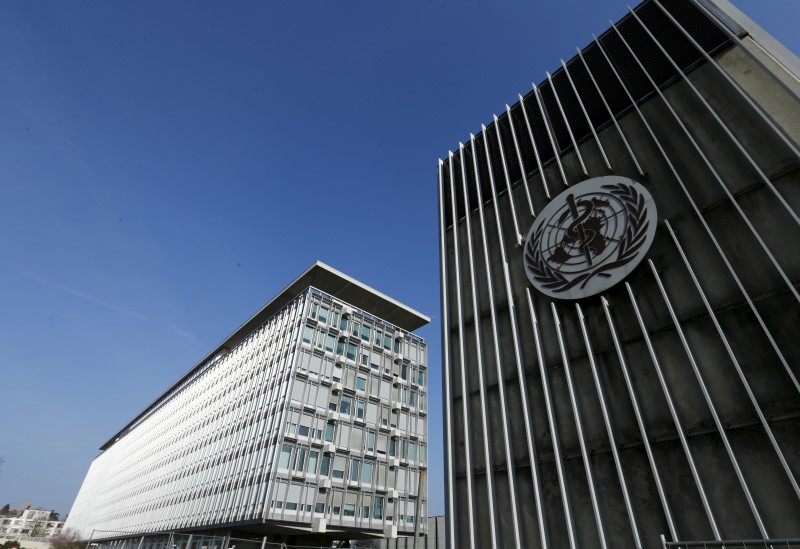
By Kate Kelland
LONDON (Reuters) – Ten people have died among 32 infected with Middle East Respiratory Syndrome (MERS) in Saudi Arabia since June in a series of clusters of the viral disease, the World Health Organization (WHO) said on Wednesday.
The latest cases, recorded between June 1 and September 16, bring the global total of laboratory-confirmed MERS cases to 2,254, with 800 deaths, the United Nations agency said in a “disease outbreak” statement on its website.
MERS first emerged in humans in Saudi Arabia in 2012 and has since spread to cause outbreaks in dozens of countries around the world. The vast majority of the cases – around 1,800 of them – have been in Saudi Arabia.
The virus MERS can cause severe respiratory disease in people and kills one in three of those it infects. It is thought to be carried by camels and comes from the same family as the coronavirus that caused China’s deadly Severe Acute Respiratory Syndrome (SARS) outbreak in 2003.
Most of the known human-to-human transmission of the disease has occurred in healthcare settings, and the WHO has warned hospitals and medical workers to take stringent precautions to stop the disease from spreading.
The WHO said these latest cases did not change its overall assessment that the virus poses a risk of spreading both within and beyond the Middle East.
“WHO expects that additional cases … will be reported from the Middle East, and that cases will continue to be exported to other countries,” its statement said.
The disease spread into South Korea in 2015 and killed 38 people in a major outbreak. And in its first case in three years, South Korea said last month that a 61-year-old man had been diagnosed with MERS.
Among the 32 latest Saudi cases, 12 were part of “five distinct clusters”, the WHO said. Four of these were within households or families, and the fifth was in a hospital in Buraidah, a city in Qassim Province north of the capital Riyadh.
(Reporting by Kate Kelland, Editing by William Maclean)


